Discover how cellulose may revolutionize flexible electronics, replacing plastics in eco-friendly, sustainable substrates for innovative devices.
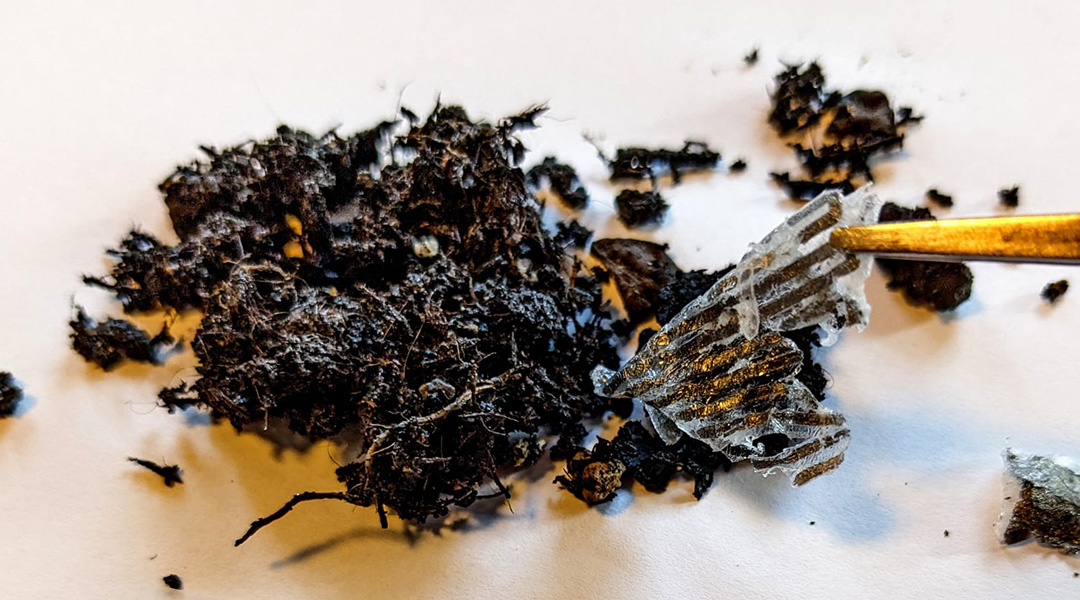

Discover how cellulose may revolutionize flexible electronics, replacing plastics in eco-friendly, sustainable substrates for innovative devices.
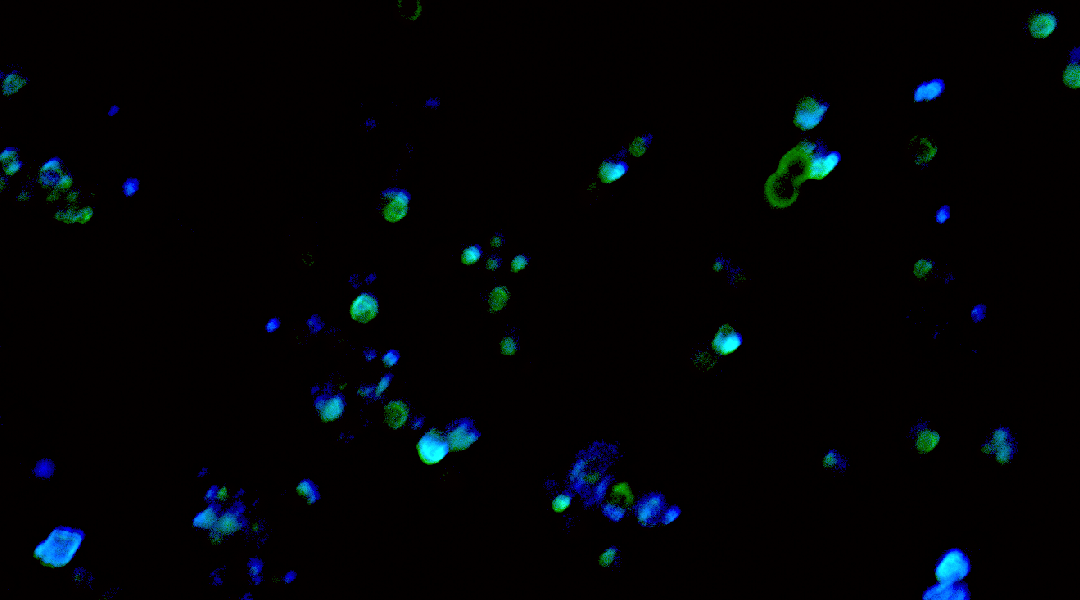
Swarms of iron-clad algae have been built to sweep through bodies of water to collect elusive bits of micro- and nanoplastics.
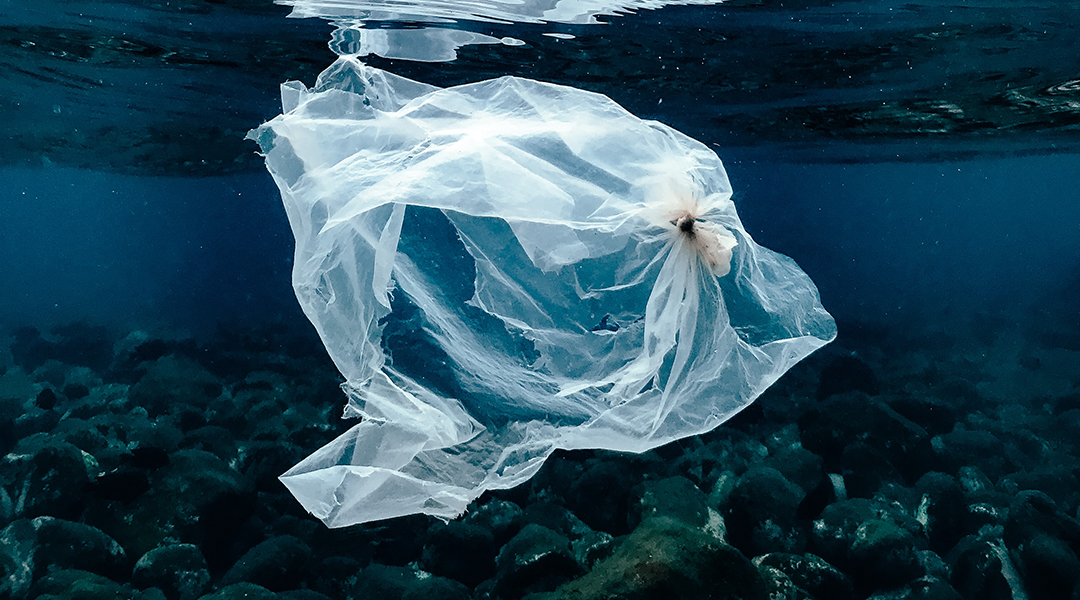
Magnetic iron nanoparticles shown to eliminate persistent water pollution, such as microplastics and oils.
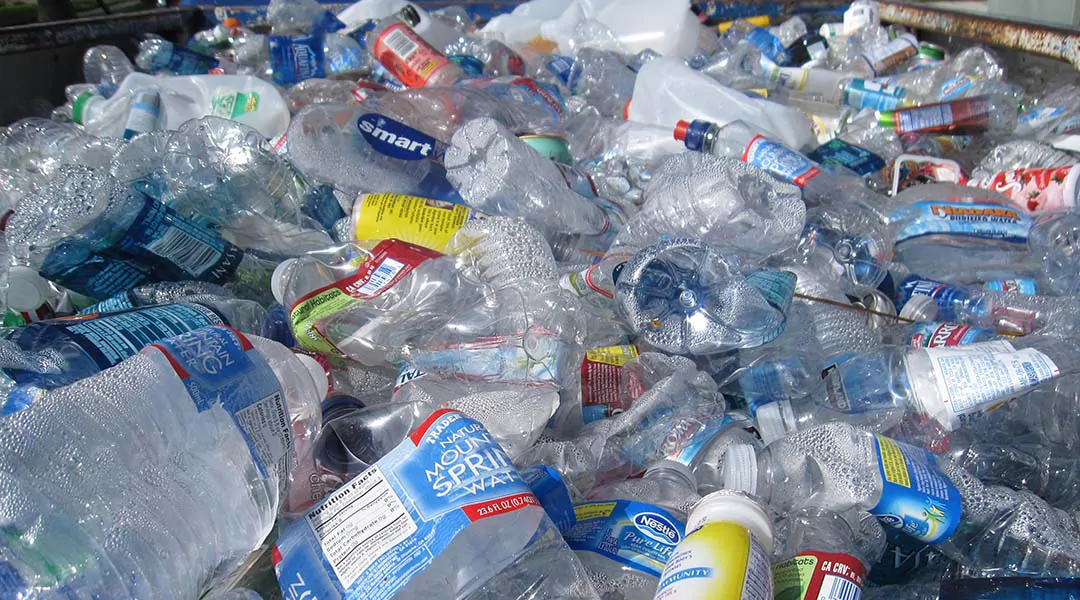
A flash heating technique breaks down plastic waste and converts it to pure hydrogen and graphene with significantly less emissions and at a low cost.

Using mouse embryos, scientists explore the impact of high exposure to a common plasticizer on male fertility, but caution: the dose makes the poison.
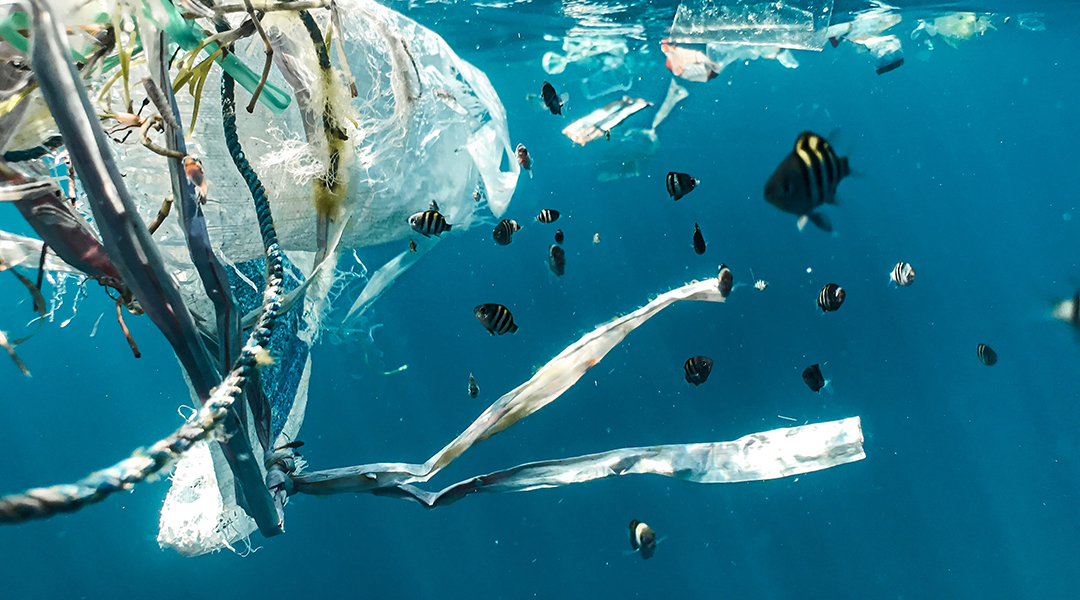
A new study looked at the extent to which plastics can be recycled using mechanical methods, finding good and bad news.
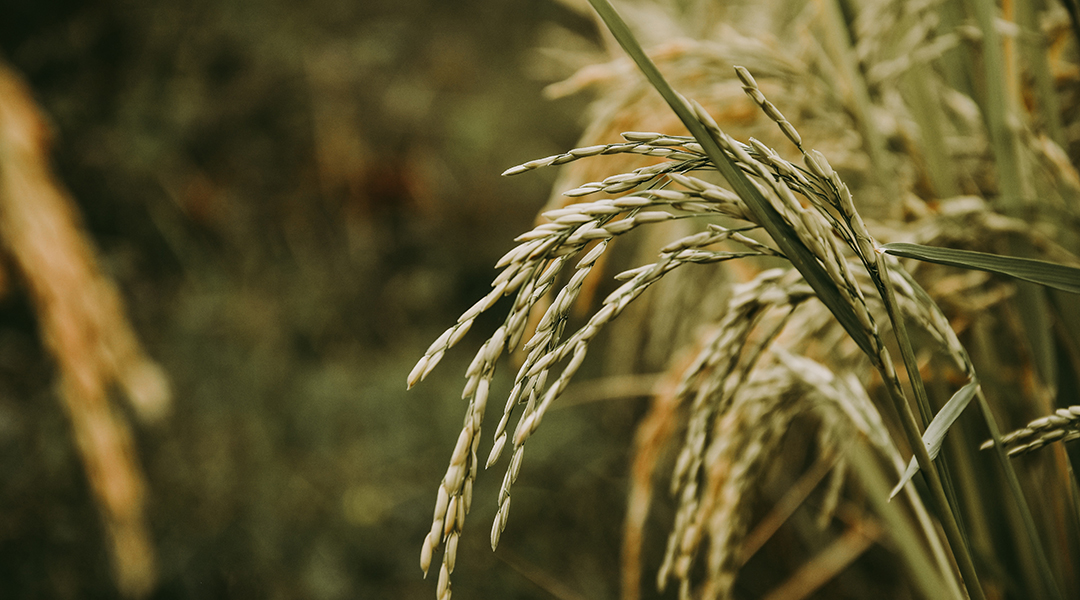
From soil to the seed, nanoplastics were shown to accumulate in rice and peanuts with potential affects on crop yield and nutrition.
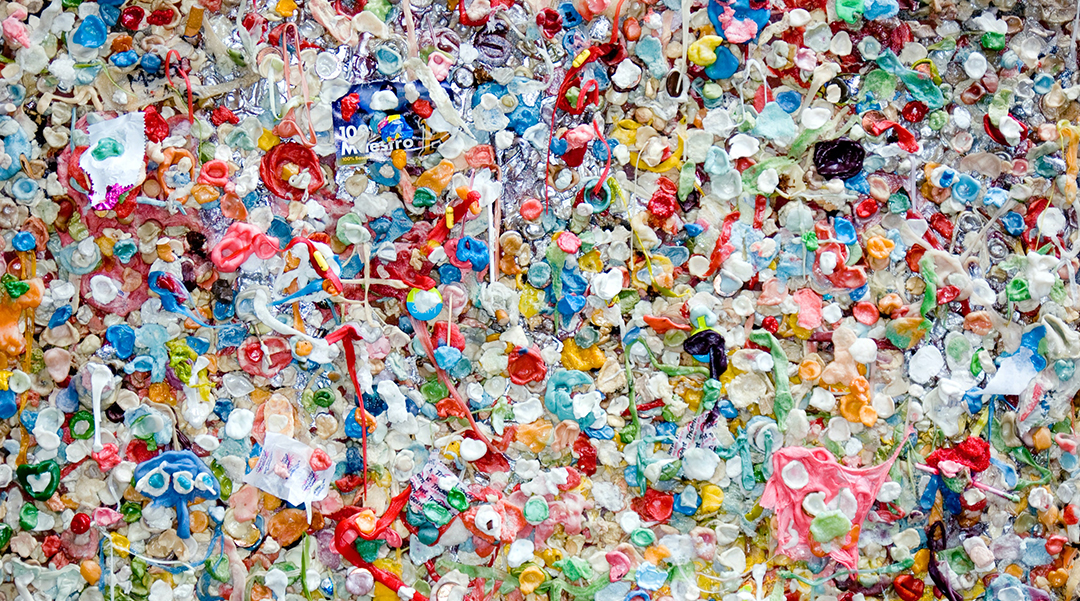
New research with samples from Pic du Midi Observatory reveal that microplastics are traversing the globe through the atmosphere.
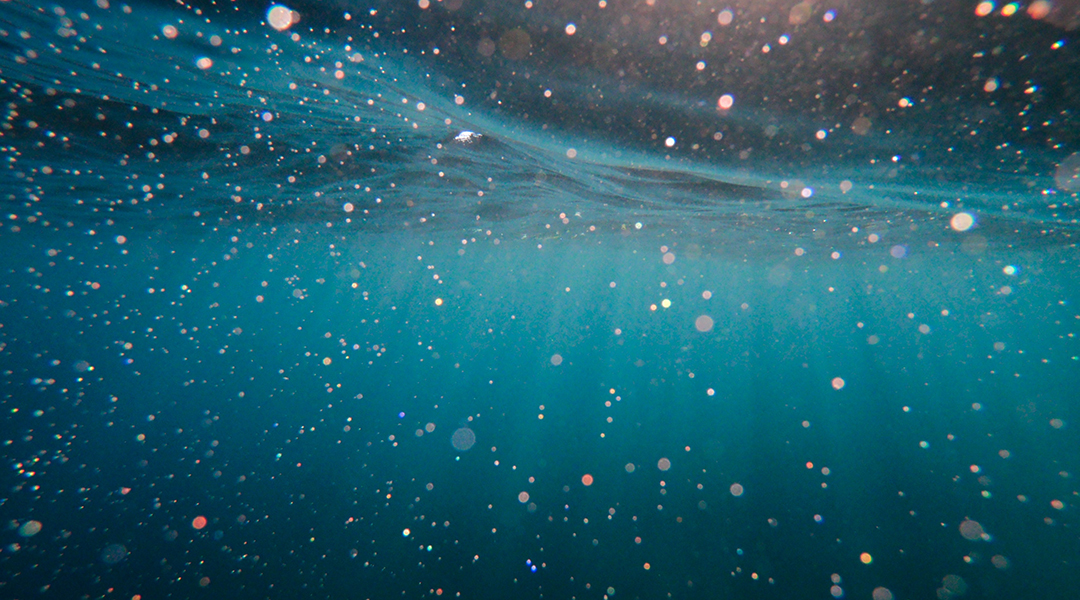
Specially designed microrobots could help clean plastic waste from water systems.
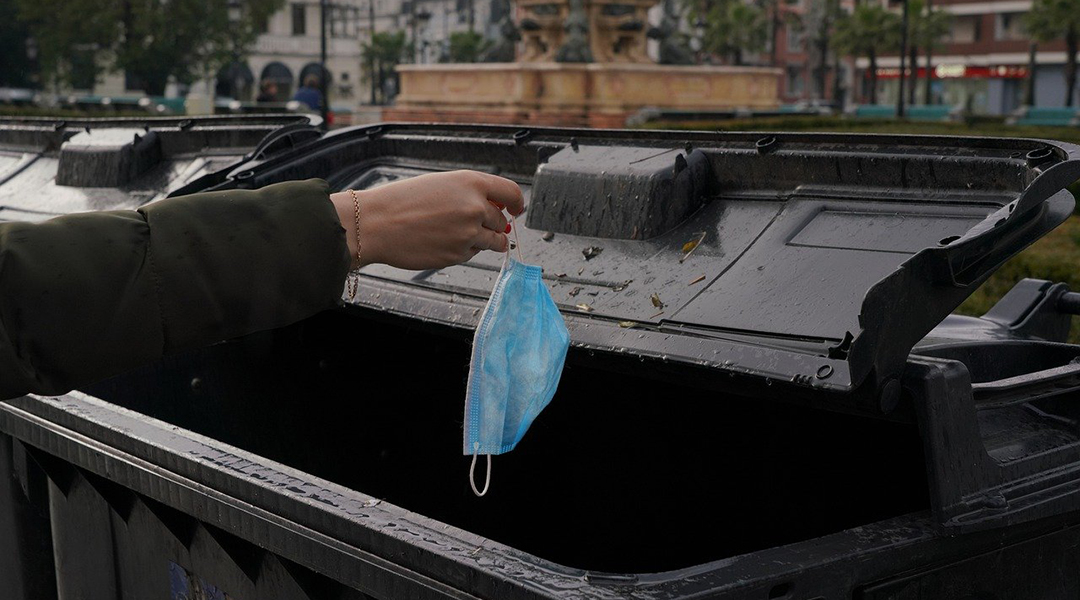
Moisture-resistant mask filters made from compostable and abundant materials could help curb plastic pollution as a result of the pandemic.